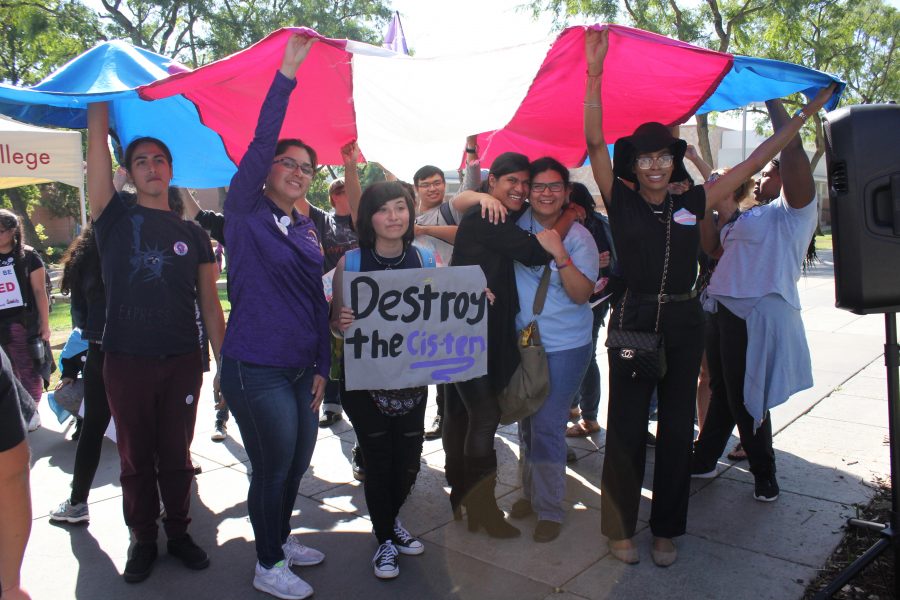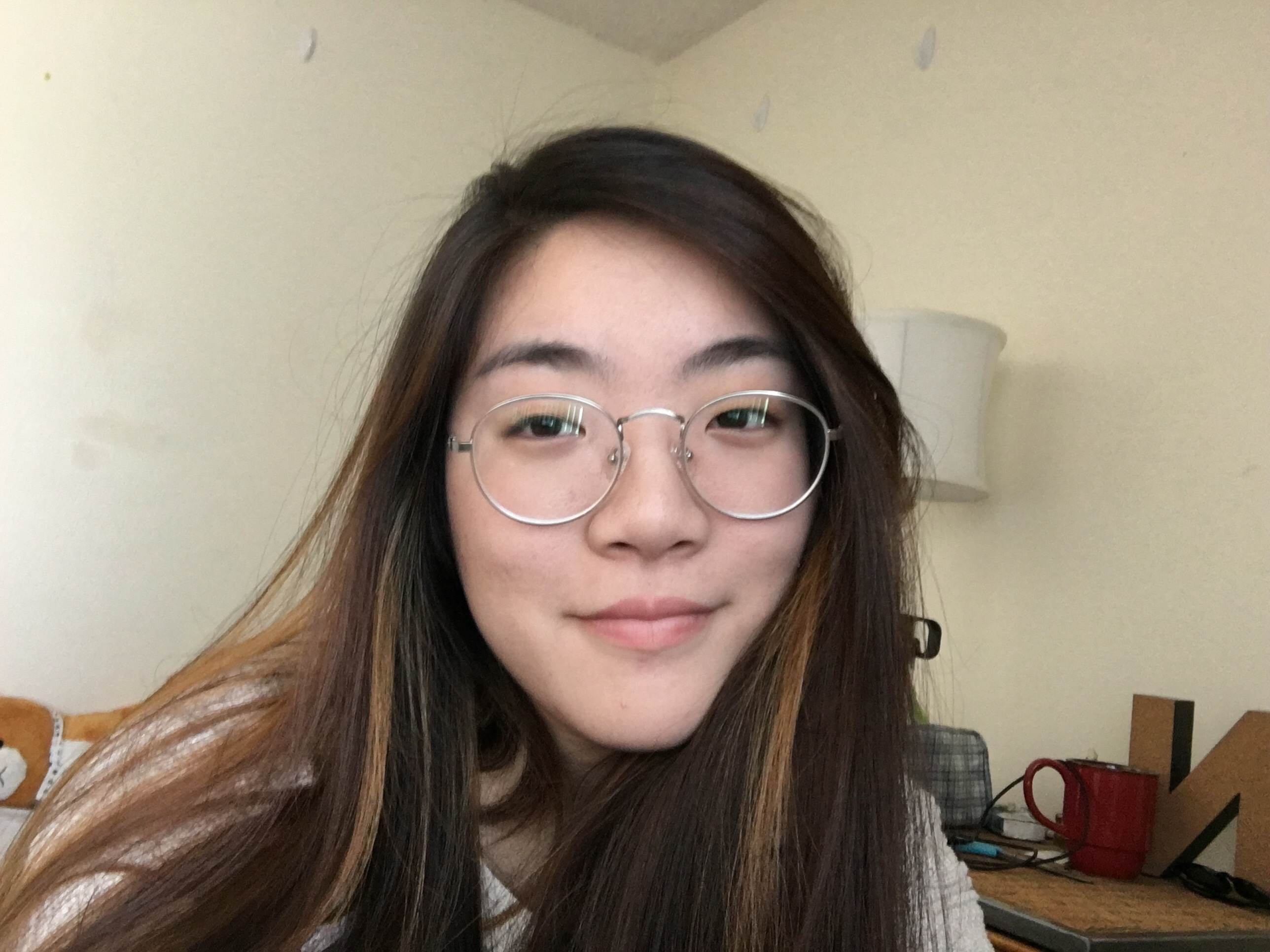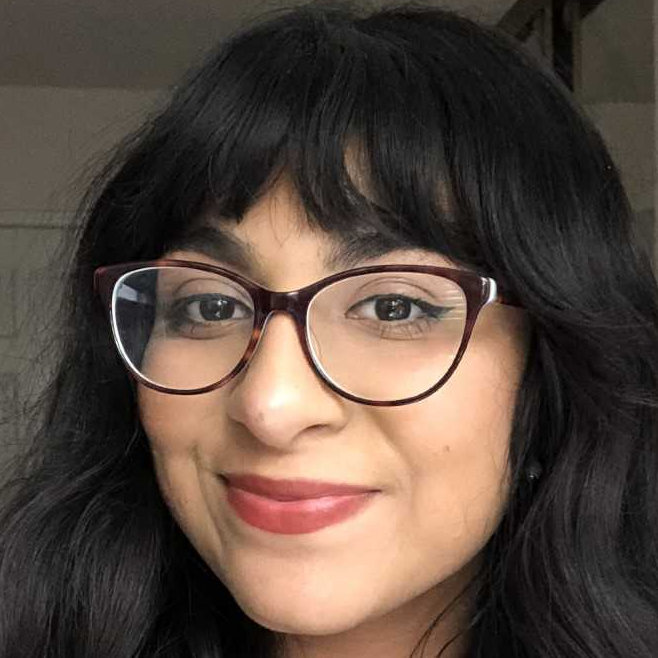After nearly 30 years, LAMBDA, the only student-run organization that represents the queer community at Mt. SAC, came to an end as of Spring 2019.
Former president Jay Chagolla announced on Mt. SAC’s LAMBDA Facebook group that the club will not be reactivating this spring on March 4. Chagolla said the reason for the club’s deactivation was a lack of members available to serve as officers.
“I am extremely upset,” Chagolla said while trying to keep in their tears. “LAMBDA has been my baby since I first became president—when I first became an officer.”
Chagolla has been an active member and officer with LAMBDA for about three years. Now, however, they have chosen to step down due to the position’s demanding tasks and personal circumstances.
“The reason I stepped down is because if I can’t give you my all, I’m not going to do it at all,” Chagolla said. “Because when you’re an officer in LAMBDA, it is such a big responsibility.”
With the demands as an officer and a student, they decided it was best to give the position to someone else—but no one was able to step up for the role. Whether it was because of time or personal reasons is unknown.
“It’s a lot,” they added. “I don’t blame people for not being able to do it because there were so many times I couldn’t.”
The impact of this decision, however, is one thing Chagolla worries about.
They said, “We have people who are 17 [years old] coming to college for the first time, and they are barely figuring out they are queer, and their parents don’t know, and what do you do if they get kicked out?”
According to the Inter-Club Council Constitution, in order to begin or even maintain a club, there is a minimum of six members required to be involved. Clubs are required to have five officers, all of whom must have a minimum GPA of 2.5 and be enrolled in at least five graded units. Clubs must also have a full-time faculty member serving as adviser.
Melinda Bowen, former LAMBDA adviser and current Pride Center coordinator, said, “It seems like a shame. It’s a very important international club for the community.” She added that last semester, “[the club] struggled with membership and from what I heard from students, several officers were not able to commit to the time commitment this semester.”
According to Albert Serna, a LAMBDA officer from 2010 to 2012, “LAMBDA was the club that arranged free HIV and STI (Sexually Transmitted Infection) testing on campus and coordinated marches and drag shows that increased queer visibility on campus.”
In Serna’s view, the opportunity that LAMBDA offered for talking and sharing ideas is important because “being queer is so intersectional with other identities like culture and religion that everyone’s lived experience is different.”
Bowen recalled the first LAMBDA meeting she attended as an adviser.
“I literally had tears in my eyes. It was so empowering for the young folks in there,” Bowen said. “It’s so very important for young folks to have a place where they can talk openly and be supported.”
Aside from campus regulations, LAMBDA, as a student organization, must adhere to the rules set forth in its constitution, which Serna said include rather demanding requirements.
“From what I remember, [to be an officer] you had to be an active member in good standing, which meant that you had to attend four consecutive meetings and pay your club dues for at least one prior semester.”
Skyler Robinson, former LAMBDA president, said that they understood the difficulties in acting as an officer.
“I do know it is hard for students, really for any club, to juggle officer responsibilities along with regular obligations of a student,” Robinson said.
Robinson added that there are rewards to being involved in the club.
“The most rewarding aspect of it was doing LGBT panels for professors who teach LGBT people. I think that was one of the biggest, or most important functions of the group,” they said.
Serna agreed with Robinson and said that the club’s deactivation is a loss for queer individuals who are interested in informing and interacting with community members on their own terms.
According to Serna, the absence of LAMBDA and other cultural clubs “will erase a part of the campus community…being out and visible really does make a difference.”





